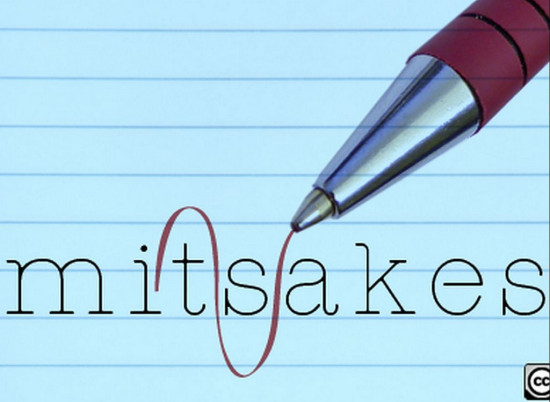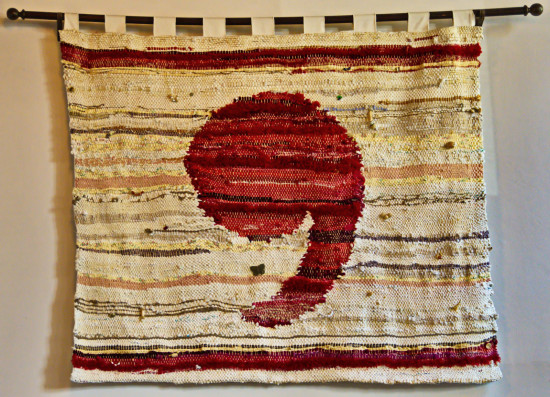Why Should I Blog?

1. Promotion
2. Online Diary
3. Improve Writing Skills
4. Share Interests
5. Make Money
6. Inform People of Topics Important to You
7. Learn New Skills
8. Challenge Yourself
9. Personal Reasons
Promote Yourself and/or Your Business
This is probably the biggest reason why people start a blog. If you want to boost your online presence, you need to add new content regularly. Businesses often hire freelance writers to provide regular injections of new content to improve their search engine visibility. This also applies to brick and mortar businesses since most people look for information online these days.
Private individuals can also build credibility and a strong reputation through a blog. If you write about your area of specialty, you will be able to refer prospective employers to your blog so that they can see you know your subject well.
Keep a Diary of Life Events
Paper diaries can be lost or stolen, but a blog is much more difficult to lose. No matter where you are, you can go online and post a story about your experiences. Some people keep a blog because they have serious problems they want to get off their chests, others want to keep a record, and some want to immortalize important life events such as having a baby.
If you want to keep your blog private, you can do so. Alternatively, you can opt for public visibility in the hope of meeting like-minded fellow bloggers.
Improve Your Writing and Verbal Skills
Writers and aspiring writers are often avid bloggers, but even a student can improve his or her writing skills by regularly writing blog posts. Practice does help you write better, and if you blog frequently, you’ll see your writing style improves. You’ll also become more confident and expressive as you go along. Plus, it can be fun making friends in the blogging community and reading their work for inspiration. As you use words to express yourself in writing, a side benefit is you may become more confident as a speaker.
Share Your Hobbies and Interests
If you have a relatively unusual hobby, you may struggle to find people who share your passion for vegetable instruments or your dedication to producing historically accurate models of famous battles. The good news is you can find all sorts of people online, and through your blog, you can get in touch with people who share your interest.
You can also use your blog to create an online record of all your completed projects and the process that went into them. This will be interesting to those who would like to follow your example, and you can also get fresh ideas from other people who are doing similar projects or tasks.
Make Money
If you can build up a popular blog, you can make money from it. Even smaller blogs can bring in part-time income. There are a wide variety of ways to create income from a blog these days. That being said, making money from a blog doesn’t start happening overnight. It usually takes several years of regular posting before you can build your blog to the point where it can make you some extra cash.
Draw People’s Attention to Important Issues
If you’re passionate about an important issue, you can draw the public’s attention to it and even influence public policy through your blog. In Wales, two junior school students drew the nation’s attention to poor conditions at their schools using their blogs. The government responded, and the problems were solved.
You can also promote a charity or a cause, gaining support that could be worth hundreds or even thousands of dollars to the organizations you promote.
Learn New Things
Let’s be frank; you don’t have to know a single thing about a topic you decide to blog about. But if you do your research well, you’ll know quite a lot about it by the time you’ve finished writing your first post. If you write a series of posts on a topic, digging a little deeper every time, you could even become an expert.
Challenges Yourself and Build Self-Discipline
A good blog should be run on schedule. Some people post several times a day, others post once or twice a week. By developing a schedule and sticking to it, you’ll be practicing self-discipline. It’s an important mental muscle we all need to work on which can benefit you in many other areas of life beyond blogging. Finding interesting things to write about and presenting them in a creative way is challenging, but it’ll improve your mental agility and give you the satisfaction of knowing you were equal to the challenge.
Your Personal Reasons
The above list of reasons to blog has been broad to include as many potential bloggers as possible. Most individuals will have specific and special reasons to blog that relate to only them. If you find yourself reading this article, chances are you already have reasons to blog but are simply looking for confirmation it’s something you should try. Once you begin, you’ll likely soon find you’ll want to improve your blogging productivity as the next step.









